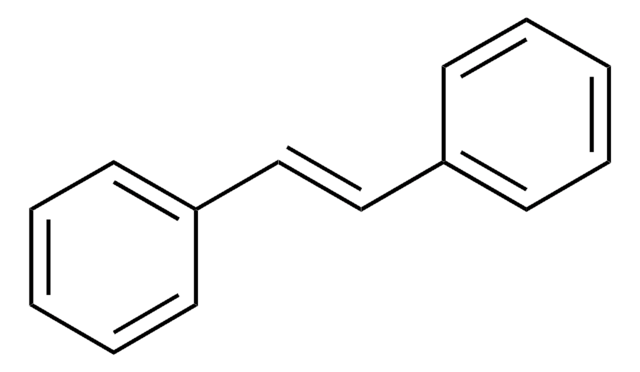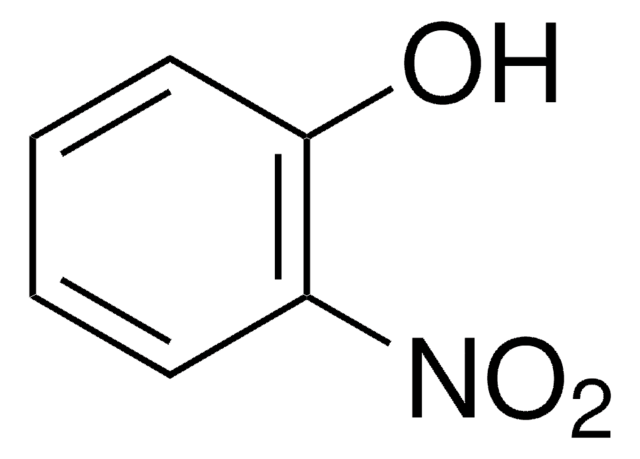Recommended Products
Application
Lycopodium has been used as a hydrophobic coating on liquid marbles to make them non-adhering. It can be used as a pore-forming agent for the synthesis of porous hydroxyapatite and alumina ceramics.
Signal Word
Danger
Hazard Statements
Precautionary Statements
Hazard Classifications
Flam. Sol. 1
Storage Class Code
4.1B - Flammable solid hazardous materials
WGK
WGK 3
Flash Point(F)
Not applicable
Flash Point(C)
Not applicable
Personal Protective Equipment
dust mask type N95 (US), Eyeshields, Gloves
Choose from one of the most recent versions:
Already Own This Product?
Find documentation for the products that you have recently purchased in the Document Library.
[Experience with the conditioned-reflex treatment of alcoholism with small doses of Lycopodium selago].
N N Cherednik et al.
Vrachebnoe delo, (12)(12), 71-72 (1985-12-01)
[Galenical preparations from lycopodium oil (author's transl)].
A Pourrat et al.
Journal de pharmacie de Belgique, 35(3), 226-232 (1980-05-01)
Porous alumina ceramics produced with lycopodium spores as pore-forming agents.
Zivcova Z, et al.
J. Mater. Sci., 42(20), 8760-8764 (2007)
Maria Cláudia Silva et al.
Mycopathologia, 185(4), 675-684 (2020-06-06)
Candida tropicalis is a non-albicans Candida specie that causes candidosis in several countries, including Brazil. However, little is known about the mechanisms of drug resistance in C. tropicalis infections. In this study, we used clinical isolates of C. tropicalis susceptible
Development of porous ceramics by lycopodium using uniaxial pressing and sintering.
Serzane R, et al.
Processing and Application of Ceramics, 4(4), 231-235 (2010)
Our team of scientists has experience in all areas of research including Life Science, Material Science, Chemical Synthesis, Chromatography, Analytical and many others.
Contact Technical Service







